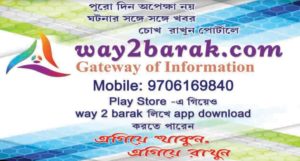India & World UpdatesAnalyticsBreaking NewsFeature Story
The need for Media and Information Literacy (MIL) in this age of COVID-19
An interview with senior faculty member at Indian Institute of Mass Communication (IIMC)

May 11: Monday, 11 May, 2020 witnessed panic among the people of Assam with two major fake news which went viral in social media platforms. Rumour mongers went to the extent of morphing an old tweet of Assam Health Minister, Himanta Biswa Sarma relating to COVID-19 and thereby vitiating the already tensed atmosphere in the state. Another message stating 4 districts of Assam including Cachar has been converted as Red Zone also spread tension among the people. It is in this backdrop that this piece of conversation with Professor (Dr.) Anubhuti Yadav by Neelatphal Chanda exclusively for way2barak assumes great significance.
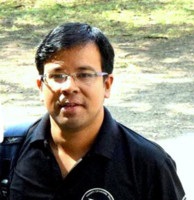
“Today, the world is not only suffering because of the spread of the deadly virus, but it is also suffering because of the spread of fake news, misinformation and disinformation around it. During times like this, it is essential to sensitize people on how to consume information and media content which is healthy for them and society”.
This conversation will help us in understanding the need for media and information literacy to counter the menace of #infodemic that constitutes issues associated with fake news, misinformation and disinformation.
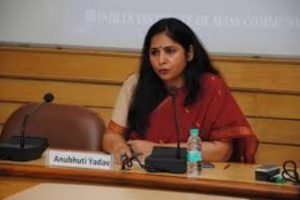
Professor (Dr.) Anubhuti Yadav is a senior faculty member at Indian Institute of Mass Communication (IIMC), New Delhi, Govt. of India. She is also the department head of New Media and Information Technology. Professor (Dr.) Anubhuti is a well-known name in the area of media and information literacy studies and an active promoter of digital and media literacy education in India. She is also a member of the technical committee on Pradhan Mantri Digital Saksharta Abhiyan. Professor. Anubhuti is an advisor to Media Ownership Monitor India Project an initiative by Reporters without Border to map ownership pattern in Media Industry across the globe.
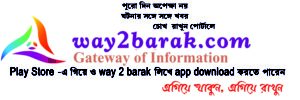 Neelatphal Chanda: Media and Information Literacy (MIL) is a buzzing corridor in media studies. As a teacher and researcher in this branch, kindly delineate the notion of MIL for wider and general audiences.
Neelatphal Chanda: Media and Information Literacy (MIL) is a buzzing corridor in media studies. As a teacher and researcher in this branch, kindly delineate the notion of MIL for wider and general audiences.
Professor Anubhuti Yadav: As we receive much information from various sources like books, magazines, TV, digital media etc. it is very important to be Media and Information Literate. These means having the ability to access, analyze, evaluate and construct messages in a variety of forms. People should be in a position to identify and access information and media content skilfully. The consumption of content should be based on choice rather than chance. Also, whatever information they prefer to consume should be analyzed critically, rather treating that as a piece of truth. Critical thinking and asking the question is key to Media and Information Literacy.
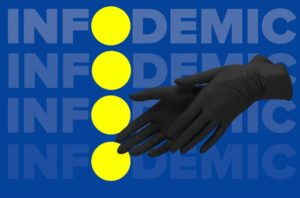 Neelatphal Chanda. Do you think the Media and Information Literacy (MIL) is the need of the hour.
Neelatphal Chanda. Do you think the Media and Information Literacy (MIL) is the need of the hour.
Professor Anubhuti Yadav: Yes. With the emergence of social media, much content is being generated every day. It has become important than ever before to sift fact from fiction. We have seen how much fake content is being generated during corona crisis. Every day people are getting messages about how this deadly disease can be prevented and cured. People without questioning the authenticity of such content are forwarding such messages which are making the situation worse. Today, the world is not only suffering because of the spread of the deadly virus, but it is also suffering because of the spread of fake news, misinformation and disinformation around it. During times like this, it is essential to sensitize people on how to consume information and media content which is healthy for them and society.
 Neelatphal Chanda: What are the effective strategies one should follow to build their capacity towards Media and Information Literacy (MIL)?
Neelatphal Chanda: What are the effective strategies one should follow to build their capacity towards Media and Information Literacy (MIL)?
Professor Anubhuti Yadav: Effective strategies to build MIL capacity.
- Introduction of MIL in school and college curriculum
- Integrating MIL with existing subjects like sociology, political science, history, language etc.
- Training of Teacher educators
- Developing open resources in Media and Information Literacy
- Developing content which is contextual rather than borrowing it from other countries
- Media campaign on the importance of Media and Information Literacy
- MIL clubs in schools and colleges
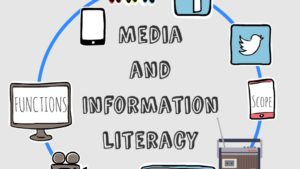 Neelatphal Chanda: How do you view the role of media houses in building the notion of media and information literacy (MIL) for its audiences in this #infodemic age?
Neelatphal Chanda: How do you view the role of media houses in building the notion of media and information literacy (MIL) for its audiences in this #infodemic age?
Professor Anubhuti Yadav: Media house should give prominence to this very important issue. They, however, find it difficult when the public starts questioning the content, but in a way, it is a healthy practice which can lead to the development of quality content. Newsrooms nowadays have fact-checking desk, and they are debunking the fake content and putting it out for the people to see. They can also crowd-source this by involving the community.
 Neelatphal Chanda: Emerging communicative technologies keeps a vital position in the field of Media and Information Literacy (MIL). How can those technologies be used to maintain the free flow of information in this COVID-19 era?
Neelatphal Chanda: Emerging communicative technologies keeps a vital position in the field of Media and Information Literacy (MIL). How can those technologies be used to maintain the free flow of information in this COVID-19 era?
Professor Anubhuti Yadav: Emerging technologies can be used and is to spread awareness on COVID 19. There is a lot of data which is being generated every day, and it is possible because of new technologies to share it with the public in a simple way. All the tech giants have contributed significantly in curating content around the COVID and share it with the wider public. Efforts are also being made by them to contain the spread of fake contents.
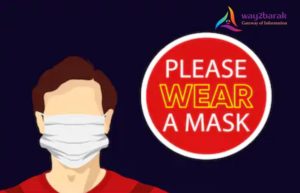 Neelatphal Chanda: Do you think the usage of such communicative technologies has privacy concerns too.
Neelatphal Chanda: Do you think the usage of such communicative technologies has privacy concerns too.
Professor Anubhuti Yadav: Yes, concerns are there. That is why people need to be media literate. This will tell them why there is a need to protect their data and how it can be done.
Neelatphal Chanda: What are the important tips one should follow as essential media skills during this pandemic?
Professor Anubhuti Yadav: Always look out for the source of information. Do not forward any message even if you have an iota of doubt. Suspect content that arouses extreme emotions something, that makes you very happy, anxious or extremely sad.
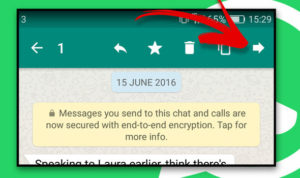 Neelatphal Chanda: At last, as a researcher in this field, I have often encountered remarks on Media and Information Literacy (MIL) as an elitist notion and have West-centric approach. How you locate this branch of study specifically with emerging contours of India’s media and communication scenario?
Neelatphal Chanda: At last, as a researcher in this field, I have often encountered remarks on Media and Information Literacy (MIL) as an elitist notion and have West-centric approach. How you locate this branch of study specifically with emerging contours of India’s media and communication scenario?
Professor Anubhuti Yadav: Yes, it has west-centric approach as most of the researches and projects on MIL began there but to have an impact, MIL, as a concept has to transcend boundaries and we, need to look at it in a more contextual way. India has a very vibrant media landscape with 70,000 plus newspapers and more than 600 satellite channels, and it is vital to have more studies in this area to understand the consumption pattern. More so with digital media, which people are not only using to access content but also to create content. It has become extremely important now to mainstream Media and Information Literacy. There has been several training and workshops on busting fake news and misinformation, but it is limited to journalists and educators. There is a need to take this concept to the grassroots level. It should be treated more as an applied subject than an academic one so that the society benefits from the work done in this space.
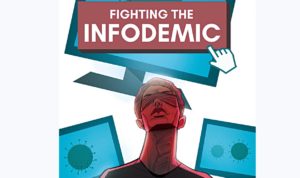 The interview was carried out by Neelatphal Chanda. He is a doctoral researcher in the area of Media Literacy Education (MLE) from the Department of Mass Communication, Assam University. Before that, he was associated with Etv News (Hyderabad) as a News Producer and worked with various educational institutions as a faculty member.
The interview was carried out by Neelatphal Chanda. He is a doctoral researcher in the area of Media Literacy Education (MLE) from the Department of Mass Communication, Assam University. Before that, he was associated with Etv News (Hyderabad) as a News Producer and worked with various educational institutions as a faculty member.
